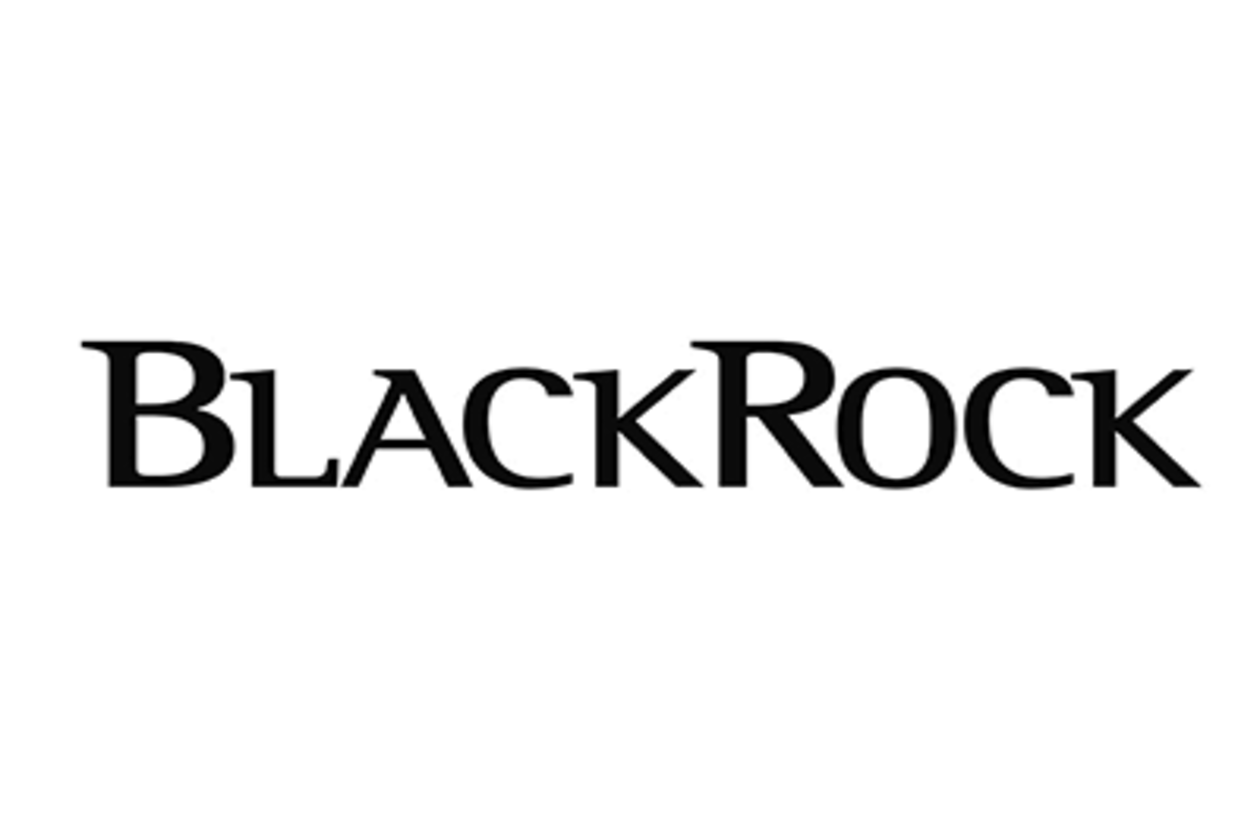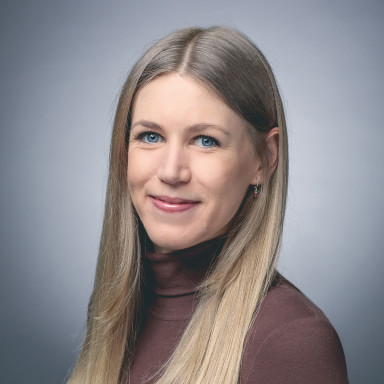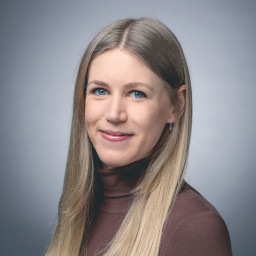This trust is managed by Stefan Gries and Alexandra Dangoor, with the support of an experienced team
The managers seek to invest in high-quality companies with sustainable growth prospects and hold them for the long term
The trust has an impressive long-term track record in the European sector
How it fits in a portfolio
The BlackRock Greater Europe Investment Trust aims to provide investors with long-term growth, by investing in European companies. The managers mainly invest in larger, more established European businesses, but have the flexibility to invest in higher-risk small and medium-sized businesses as well.
The trust could add growth potential to an investment portfolio with a long-term focus, and provide diversification to European and other global trusts using different investment styles, such as trusts with a more value- or income-focused investment approach.
When investing in closed-ended funds you should be aware the trust can trade at a discount or premium to net asset value (NAV).
Manager
Stefan Gries has managed this trust since June 2017. He’s a highly experienced investor in European equities and is currently Co-Head of BlackRock’s European Investment Team. Gries joined BlackRock and the team in 2008 and was previously a European equities analyst at Scottish Widows.
Gries co-managed the trust alongside Sam Vecht until November 2022. Vecht focused on emerging European companies, which used to make up a larger portion of the trust, but in recent years this has reduced. While the trust can still invest in higher-risk emerging European companies, most of the trust now invests in developed European markets, including the Netherlands and France. While Vecht no longer co-manages this trust, he remains at BlackRock and focuses on funds and trusts investing in emerging and frontier markets.
As a result, Alexandra Dangoor was appointed co-manager alongside Gries in September 2023. She joined the team as an analyst in 2016 and has since transitioned to take on portfolio management responsibilities. This is typical of the career progression within the team, with a broader focus on developing and maintaining talent.
The managers also work closely with and draw on the support of the wider European team at BlackRock, where idea sharing, challenge and debate are encouraged. It’s currently one of the largest teams covering European shares in the industry, and we hold the team in high regard. There have been a few changes to the team over the years, including the change to this trust, which we’ll continue to monitor.
Process
Quality is key to the managers’ investment process. They look for high-quality companies they believe will grow their earnings over the coming years, and high and predictable returns on the money that gets invested in the business. They also favour companies that do something unique within their area of the market – this could help them fend off competition and raise prices for products or services that customers can’t get elsewhere. These businesses should also be run by a quality management team that has a good record of reinvesting profits in the business to boost future growth potential.
This trust invests in a concentrated collection of the managers’, and the team’s, highest-conviction ideas. This means each one could have a meaningful impact on performance, though this increases risk.
This also means the trust can look quite different from the broader European stock market. For example, the managers currently invest much more in the industrials and technology sectors than the market. The industrials sector includes a broad range of businesses, including autos, chemicals and manufacturers.
Recently, the managers have added to the trust’s investment in Schneider Electric, a French business specialising in energy management and digital automation. A meaningful portion of the company’s revenues are related to data centres and the managers believe this could help it capture some of the AI boom. The company is also positioned to capture growth in the expansion and modernisation of power networks.
Elsewhere, a small investment in Alten, a French engineering consultancy, was sold from the trust. The company didn’t deliver on expected earnings, and the managers prefer to focus on companies in which they have the highest conviction.
Culture
BlackRock is the largest asset manager in the world, with over $9 trillion of assets under management globally. The company was founded in 1988 by eight partners including current CEO Larry Fink and is known for both active and passive funds across the world. Employees at BlackRock are encouraged to hold shares in the company so that they are engaged with helping the company perform well and grow.
The culture within the European investment team is also strong. At all levels, debate and challenge is encouraged, and the team works closely together daily. Managers and analysts both make good use of the overlap between other teams, which helps with idea generation.
BlackRock’s incentive structure rewards trust and fund managers for good long-term performance. They’re also encouraged to invest in the funds they run. We think this aligns the managers’ interests with those of investors.
ESG Integration
The team has always considered environmental, social and governance (ESG) factors in their research, particularly the strength of governance. This part of the process has evolved over time though. The developments have added to the depth of their analysis, their coverage of ESG considerations and their levels of engagement. ESG is fully integrated into their risk analysis as well and features in the stock selection criteria.
As the trust doesn’t specifically target an ESG score or outcome, managers are in charge of making investment decisions for their funds and trusts. They need to take ESG criteria into consideration but there are no limitations on what the trust can invest in.
In recent years, BlackRock has increased its focus on stewardship and expanded its range of ESG-focused funds. BlackRock’s Investment Stewardship Team aims to vote at 100% of meetings where it has the authority to do so. They engage with companies, in conjunction with fund managers, and the results of proxy votes can be found on the BlackRock website.
The firm has courted controversy in recent years for failing to put its significant weight behind shareholder resolutions aimed at tackling climate change. It responded by committing to be more transparent on its voting activity and providing rationales for key votes. The firm also outlines its work on voting and engagement in annual and quarterly Stewardship reports.
Cost
The trust's ongoing annual charge in the year to 31 August 2024 was 0.95%, which was down from 0.98% the previous year. Investors should refer to the latest annual reports and accounts and Key Information Document for details of the risks and charging structure.
If held in a SIPP or ISA the HL platform fee of 0.45% (capped at £200 p.a. for a SIPP and £45 for an ISA) per annum also applies. Our platform fee doesn't apply if held in a Fund and Share Account or a Junior ISA. As investment trusts trade like shares, both a buy and sell instruction will be subject to our share dealing charges within any HL account except online deals in a Junior ISA.
Performance
Since Gries took over the management of the trust in 2017, it’s grown 88.99%* in share price terms compared with 45.72% for the average trust in the AIC Investment Trust Europe sector. As always, past performance isn’t a guide to future returns.
There have been times when it hasn’t performed as well though, such as in the first half of 2022, when the growth investment style fell out of favour, which impacted trusts focused on companies with higher growth expectations.
More recently, over the past year, the trust performed better than the sector average. Investments in the industrials sector helped performance, including Schneider Electric and Ferrari. Not owning consumer goods business Nestle also helped – it makes up a larger part of the market and many European trusts and funds invest in it, but it’s share price has fallen over the past year.
Gearing – the ability to borrow to invest – also helped performance. Gearing can amplify both gains and losses, so it does increase risk. At the time of writing, gearing stands at 9% of the trust’s assets.
On the other hand, some of the trust’s technology investments held back performance, including semiconductor manufacturer STMicroelectronics, which has since been sold. Not investing in SAP, a German software company, also held back returns compared with peers as its shares performed well over the year.
The experience of the managers and team behind this trust could help drive long-term performance. That said, investors should be aware that, due to the managers’ high-conviction strategy, we expect the trust to be more volatile than the market and peers.
Annual percentage growth
30/11/2019 to 30/11/2020 | 30/11/2020 to 30/11/2021 | 30/11/2021 to 30/11/2022 | 30/11/2022 to 30/11/2023 | 30/11/2023 to 30/11/2024 | |
|---|---|---|---|---|---|
BlackRock Greater Europe Investment Trust PLC | 27.65 | 41.07 | -30.01 | 10.72 | 5.70 |
AIC Investment Trust - Europe | 16.05 | 20.31 | -16.42 | 10.07 | 4.17 |


